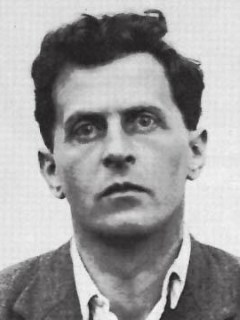

"I will draw a map of what you never see'
cartographic metaphor in Wittgenstein's philosophical investigations
pp. 83-101
in: Andrea Selleri, Philip Gaydon (eds), Literary studies and the philosophy of literature, Berlin, Springer, 2016Abstract
Wittgenstein made rich use of cartographical and geographical analogies in his Philosophical Investigations. Philosophers are described as finding their way about, exploring, choosing straight or cross-country routes, sketching landscapes, reading maps, and so on. This chapter discusses the implications of using these images in the service of philosophical argument, through both historical and literary analysis. Drawing on poet Kei Miller's The Cartographer Tries to Map a Way to Zion, "cartographic' as a mode of language is examined. This highlights the philosophy of language at play in Miller's work, how literature can be used to interrogate the pictures that "held us captive', and the connections between philosophy and poetry in Wittgenstein's thinking.



